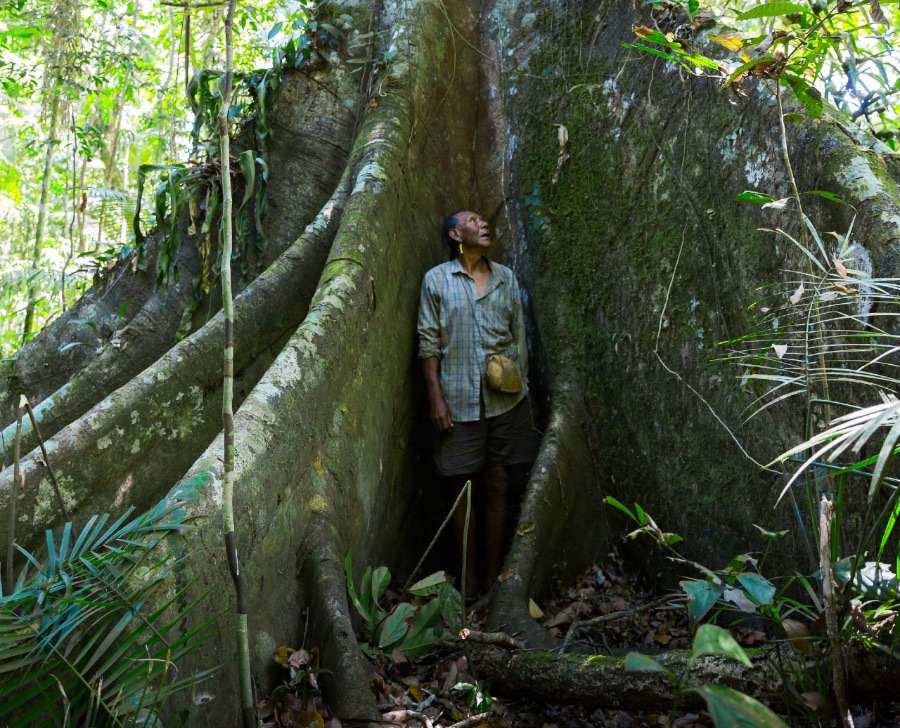The minimum technical standards necessary for approaching ecological sustainability directly contravene the prospects for financial profitability.
Therefore, industrial-scale sustainable forest management (SFM) is likely to lead to the degradation and devaluation of primary tropical forests as surely as widespread conventional unmanaged logging does today. Recent studies also show that logging in the tropics, even using SFM techniques, releases significant carbon dioxide and that carbon stocks once stored in logged timber and slash takes decades to rebuild.
These results beg for a reevaluation of the United Nations Framework Convention on Climate Change proposals to apply a Reducing Emissions from Deforestation and Forest Degradation subsidy for the widespread implementation of SFM logging in tropical forests. However, encouraging models of the successful sustainable management of tropical forests for timber and nontimber products exist at local-community scales.
Article authors
Barbara Zimmerman
Cyril Kormos
Reference
Zimmerman, B. and C. Kormos. 2012. Prospects for sustainable logging in tropical forest. Bioscience 62(5): 479-487. https://doi.org/10.1525/bio.2012.62.5.9
Request a copy of the article
If the download article link below doesn’t work, or leads to a page that requests payment, please click the link to the author profile above and request a copy directly and they will be happy to assist. Not all reviewed journal articles are published as ‘open access’, which are free to download.



